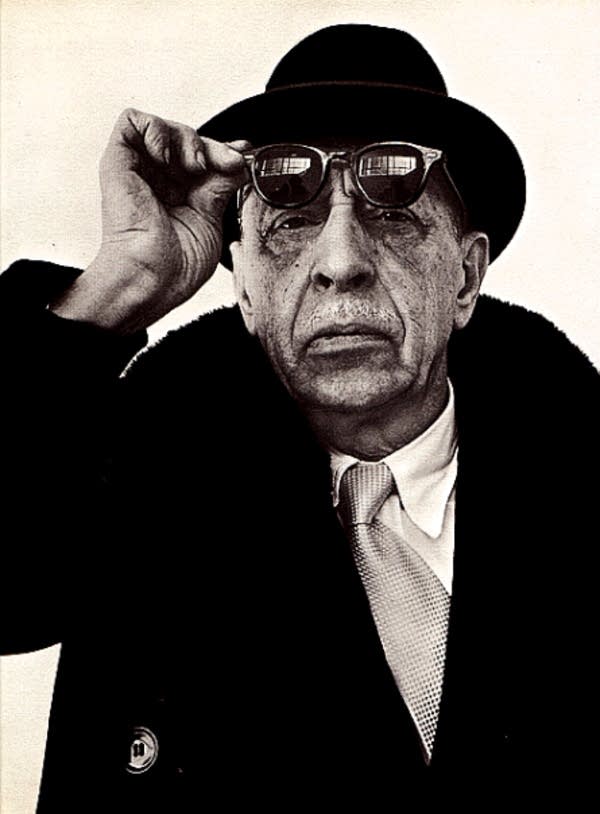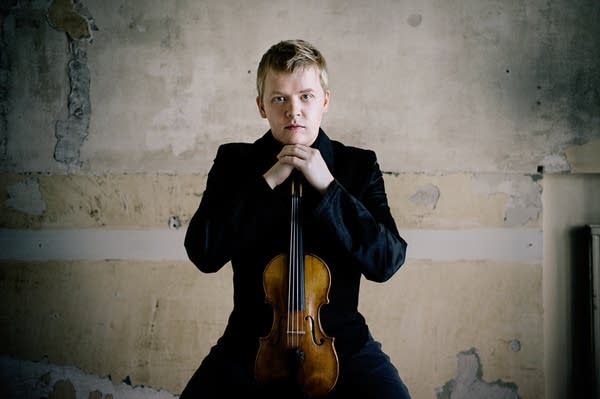
Thomas Mann described his life in Southern California as "waiting room days" as he bided his time until the end of the war and a quick return to Europe.

For those fluent in the universal language of music, escaping the Nazis and resettling in the United States for good became their destiny.
And a curious one at that. Southern California, a materialistic, superficial, cultural desert where one writer described audiences with "open ears and closed minds; hearts ajar but souls fisted."

Otto Klemperer was one of the first to arrive having been offered the position of Music Director of the struggling Los Angeles Philharmonic. A man who never learned to drive, he felt for the most part he was in the "wrong place." But he brought such unerring discipline to his orchestra and built an enormous fan-base. He was treated almost as well as the movie stars who haunted the Hollywood Bowl.
Others followed Klemperer for the performing opportunities he generously provided. But it was the pull of the movie business which was the strongest. The movies provided the only thriving musical venture during the Depression, with every studio employing huge orchestras and a pool of composers.

Arnold Schoenberg, who arrived in 1934 having failed to get a strong foothold in the east, thought the movies would be a "Renaissance of the Arts" and expected his part in it to be at the controls of not just composing, but ALL sound. Not surprisingly, he never did end up writing for the movies.
Others, like Erich Korngold, were practically made for "pictures" as he was able to improvise on the spot while the reels were playing. His natural talent afforded him great privileges not extended to other composers.

Like Mario Castelnuovo-Tedesco. A Jew of Spanish descent who escaped Mussolini's Italy when race laws went into effect and he was deemed a "non-person" in Italy. He found monetary success as a film composer, but Castelnuovo-Tedesco was not once credited for the over 200 movies he worked on.
Igor Stravinsky once likened America's attitude towards music on par with sports, though he felt the U.S. had the greatest orchestras in the world. He found success in Los Angeles, as did many others but primarily through their great example and as teachers.
These musicians, displaced by Hitler's rise to power and the war in Europe, left a lasting imprint on future generations of American artists of their seriousness and devotion to high art, and took what had been a cultural desert and created a musical mecca.
---
Listen to a performance of Stravinsky's 1959 'Movements for Piano and Orchestra.' This was one of the composer's late forays into twelve-tone serialism. He composed it after the death of the "inventor" of the technique, Arnold Schoenberg.
Recorded at the Ordway Center for the Performing Arts; September 12, 2008
Love the music?
Show your support by making a gift to YourClassical.
Each day, we’re here for you with thoughtful streams that set the tone for your day – not to mention the stories and programs that inspire you to new discovery and help you explore the music you love.
YourClassical is available for free, because we are listener-supported public media. Take a moment to make your gift today.











